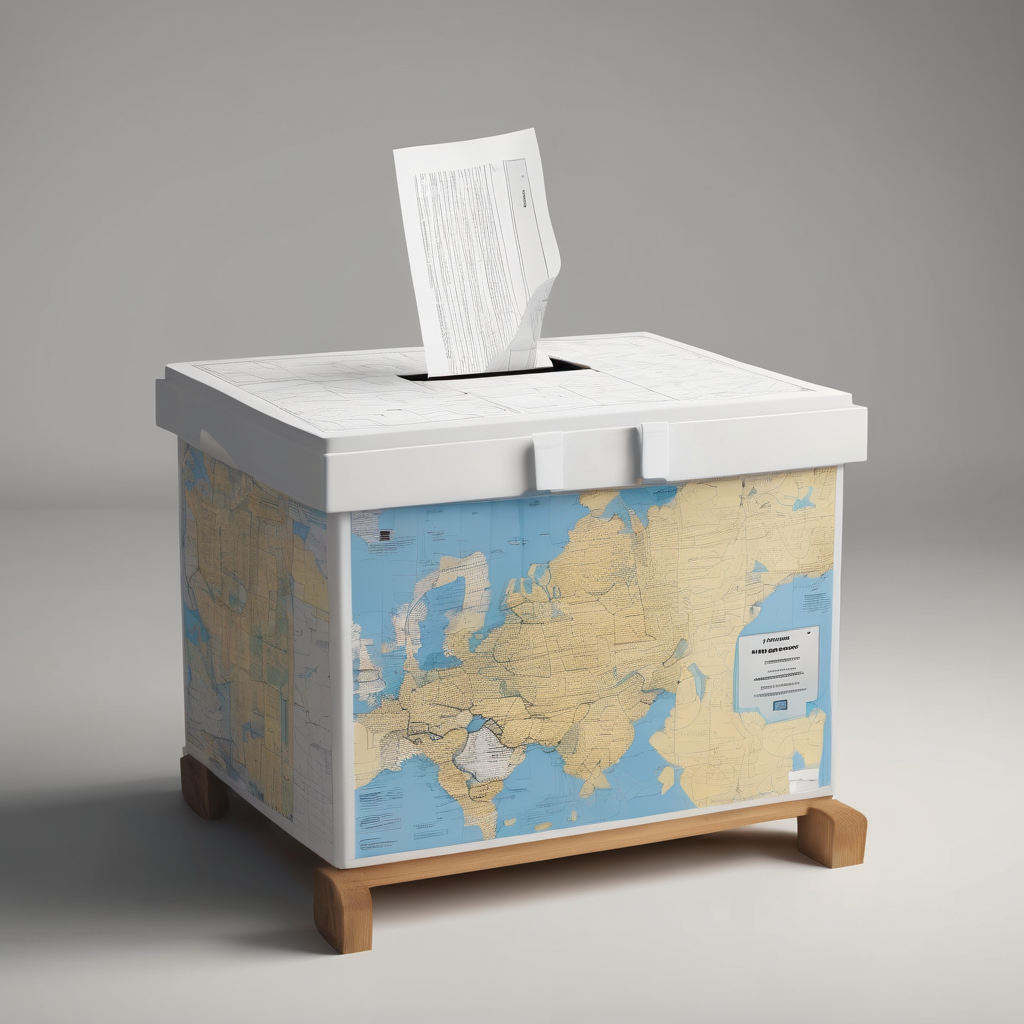Tuvalu’s government has embarked on a thorough review of its electoral laws and processes, responding to concerns raised during the January 2024 general elections. This endeavor stands as the fourth priority among its 21 key objectives, aimed at improving fairness and transparency within the voting system.
In a recent statement, the government affirmed, “The Government of Tuvalu agreed to the reforming of the national parliamentary electoral processes, including a wholesome review of the electoral legislation and related processes.” This demonstrates a firm commitment to enhancing democratic practices and ensuring fair electoral conditions.
To lead this review, the government has enlisted the expertise of consultants Tauasaa Taafaki and Mose Saitala. Their role involves assessing the existing electoral framework and recommending practical reforms. Nationwide consultations are currently underway, beginning in Funafuti and set to reach all island communities. The government is keen to gather public feedback on potential changes before any amendments are submitted to Parliament.
These consultations are critical to drafting the amendments, which are projected to be completed and approved ahead of the next general elections scheduled for 2028. The primary aim is to reinforce the integrity of the electoral process and uphold democratic values for all citizens in Tuvalu.
This initiative aligns with similar actions in the Pacific region, notably in Fiji, where a comprehensive review of electoral laws is also in progress. The Fijian government emphasizes public consultations with various stakeholders, aiming for transparency and inclusiveness in reforming their electoral processes. This collaborative approach seeks to tackle systemic issues, such as improving representation and ensuring every citizen’s voice is acknowledged.
Tuvalu’s commitment to electoral reform signifies a promising step forward in its democratic evolution, showcasing an openness to adapt and better meet the electoral needs of its citizens. With a focus on public involvement, both Tuvalu and Fiji are on trajectories toward stronger, more transparent democratic processes that empower citizens and build trust in governance.
